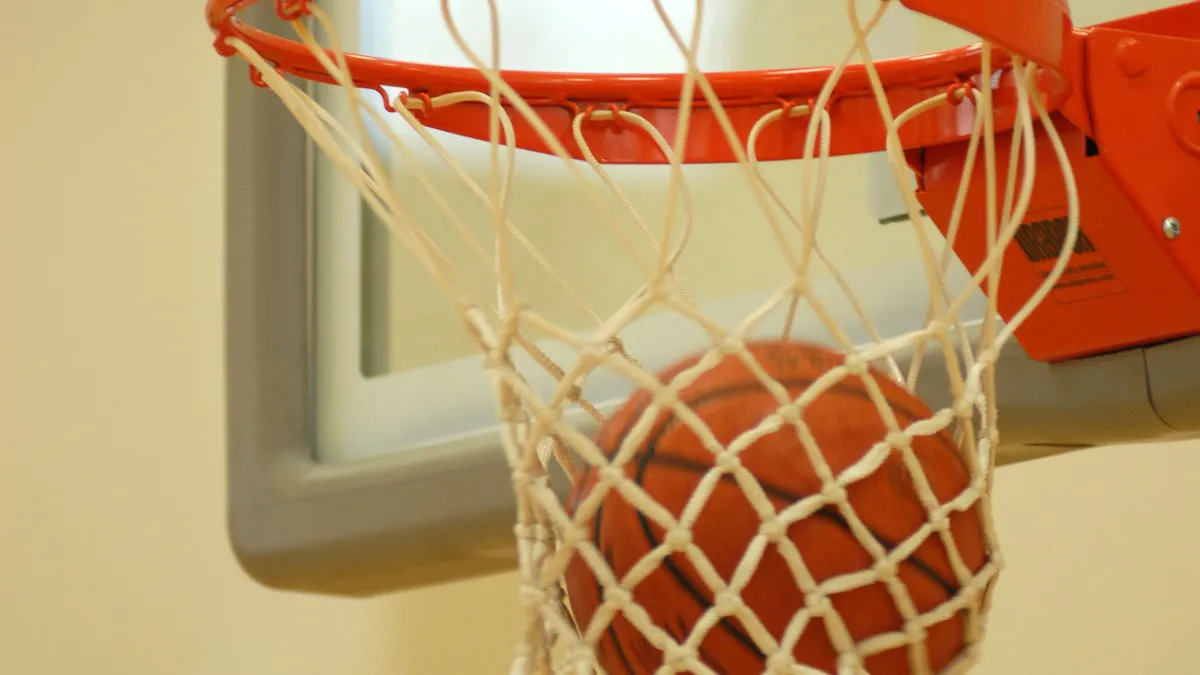Dive Brief:
-
Michigan is the latest in a growing number of states to pass laws allowing college athletes to profit off their name, image and likeness.
-
It is at least the sixth state to enact such a policy. Gov. Gretchen Whitmer signed the bipartisan legislation late last month.
-
Though the NCAA is slated to vote on its own NIL rules this month, some legislators and athletics experts feel they won’t benefit players much.
Dive Insight:
The NCAA has long prohibited student-athletes from earning money based on their name, image and likeness, claiming the concept undermines the amateurism model of college sports.
But experts say the NCAA was forced to introduce its proposal after California passed the first state NIL law in 2019. Since then, several other states have introduced bills. The National Association of Intercollegiate Athletics, which governs small institutions’ athletic programs, approved a similar policy.
NCAA leaders intend to vote on their plans at the organization’s virtual convention this month. Even if they pass, states will likely not be deterred from pressing forward with legislation. Critics of the association’s plans feel they’re watered down, said Jaime Miettinen, an attorney and an expert in college athletics.
The NCAA’s NIL proposal for Division I, which was unveiled in November, would let colleges block any deal they deem conflicts with their sponsorship arrangements, said Andy Schwarz, a sports economist and partner at consulting firm OSKR.
That’s more restrictive than some states’ laws. California’s, for example, doesn’t permit students to enter into deals that directly conflict with a contract their school has signed. Otherwise, student-athletes there have free reign in arrangements when "not engaged in official team activities," it states.
California legislators want to expand NIL rights for athletes and move up the timeline for when the law takes effect, which is currently 2023.
"The NCAA doesn’t appear willing to give student athletes the autonomy and full range of benefits that California law does," one sponsor of the new legislation said in a December statement.
Florida’s would be the first state NIL law to take effect when it is implemented in July.
Schwarz said although the NCAA begrudgingly pursued NIL policies, those rights are enshrined in existing antitrust laws, such as the Sherman Act.
An NCAA spokesperson directed Higher Ed Dive to an interview with the organization’s president, Mark Emmert. In that interview, Emmert said the NCAA was seeking a federal measure that would preempt state laws. Otherwise, he said, there would be a "chaotic landscape." Emmert said the NCAA would like this to occur before Florida’s law takes effect.
Miettinen said she believed the NCAA knew state legislation was imminent.
NIL-related lawsuits had been brought against the organization for decades, notably in O'Bannon v. NCAA, in which a federal court ruled the NCAA’s policies violated antitrust laws. Though an appeals court later upheld that verdict, it also stated it was important to preserve amateurism within the NCAA.










